The Roguelike Experience in Hades
Oct-21-2024
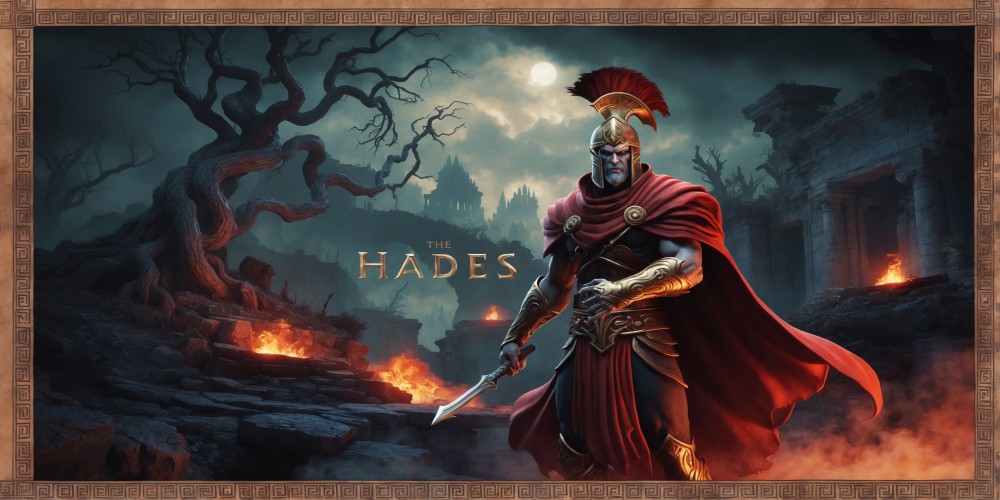
There was something almost intoxicating about stepping into the vibrant underworld of Hades, a place both deadly and beautiful. I could feel the weight of my choices, each step filled with anticipation, knowing that every run would offer both peril and opportunity. The game’s artistic design was striking, with its rich color palette and distinct character designs. I was determined to carve my own path through the ever-changing corridors of this mythical realm.
First steps into the Underworld
Upon entering, I immediately resonated with Zagreus, the rebellious son of Hades. There was an instant connection — his quest to escape the clutches of his father mirrored my desire for freedom within the game’s mechanics. I remember the first moment I initiated my escape attempt. After a brief conversation with my father, I surged forward, eager to explore the haunting depths of the Underworld.
The thrill of each escape attempt
The way the game was structured kept me on edge. No two runs felt similar, and the randomness of the map layout meant that adaptability was key. Every time I entered a chamber, I could never predict what lay ahead. Would I face off against familiar foes or encounter new horrors with each attempt? The thrill of uncertainty added layers of excitement to each session.
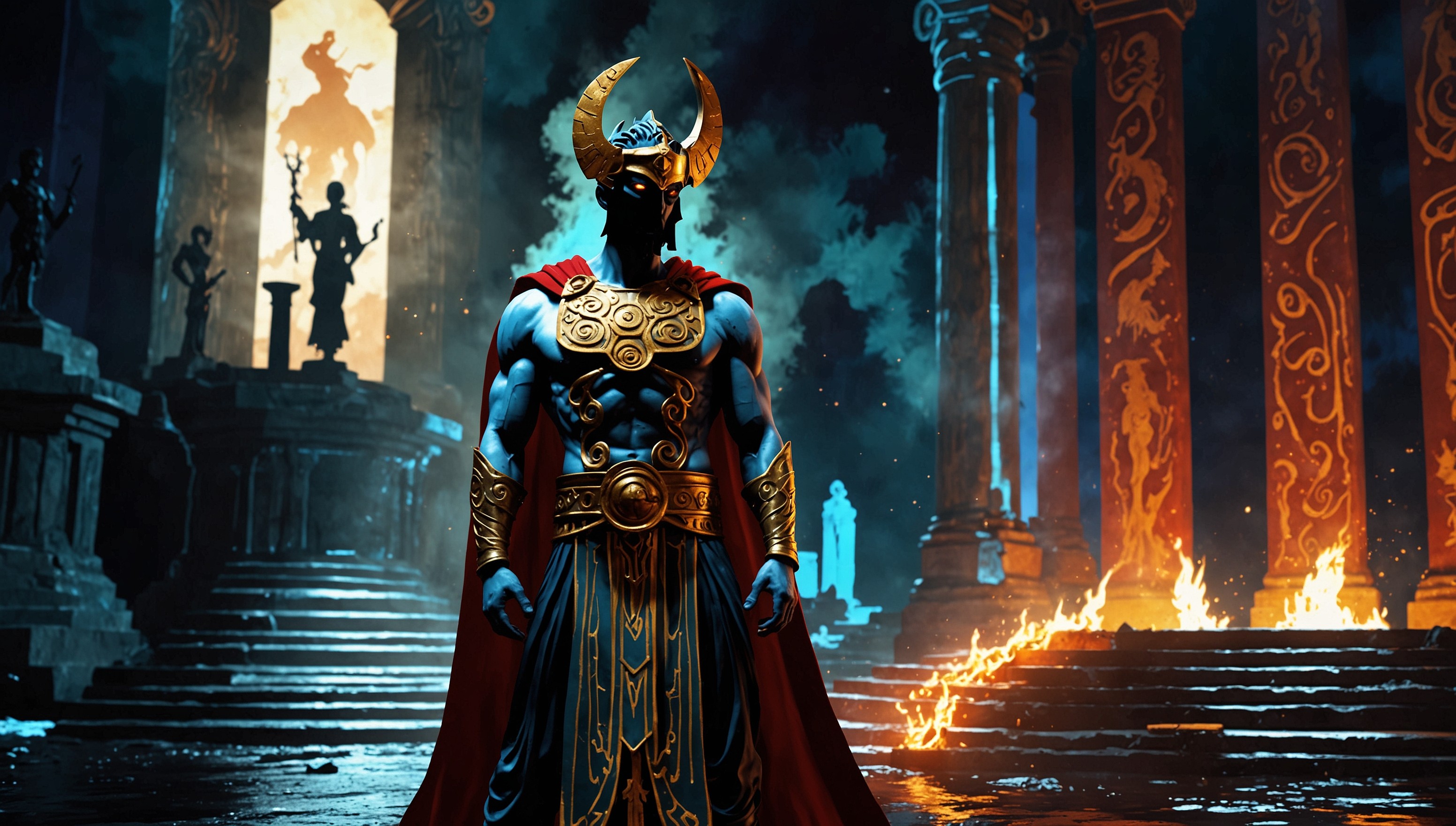
Weapon choices and playstyle
One of the aspects I adored was the weapon system, where each of the Infernal Arms had its own unique playstyle. My hands tingled with anticipation every time I had to choose which weapon to wield. The Stygian Blade, with its swift strikes, often felt like an extension of my own will. The Twin Fists of Malphon were exhilarating, allowing me to blend speed with ferocity. However, it was the Aspect of Zagreus that truly captured my spirit, enabling me to hone my skills and refine my technique.
The influence of the gods
As I progressed, I learned to rely heavily on the boons from the Olympian gods. Each time I encountered one of them, it was like receiving a blessing. The moment I chose to accept a boon from Athena or Dionysus, an aura of power enveloped me. The enhancement of my abilities not only altered my combat style but also how I approached each encounter. The assistance from these divine beings made every run feel distinctive and full of potential.
Decisions and their consequences
What fascinated me the most were the choices I made throughout my journey. There were times when I faced moral dilemmas, such as when I had to choose between chthonic keys to unlock new abilities or nectar to cultivate friendships. Every decision carried weight, and I could see its ramifications in future runs. This uniquely interconnected gameplay added depth to the roguelike experience; I was not merely battling foes but engaging with a narrative that evolved based on my choices.
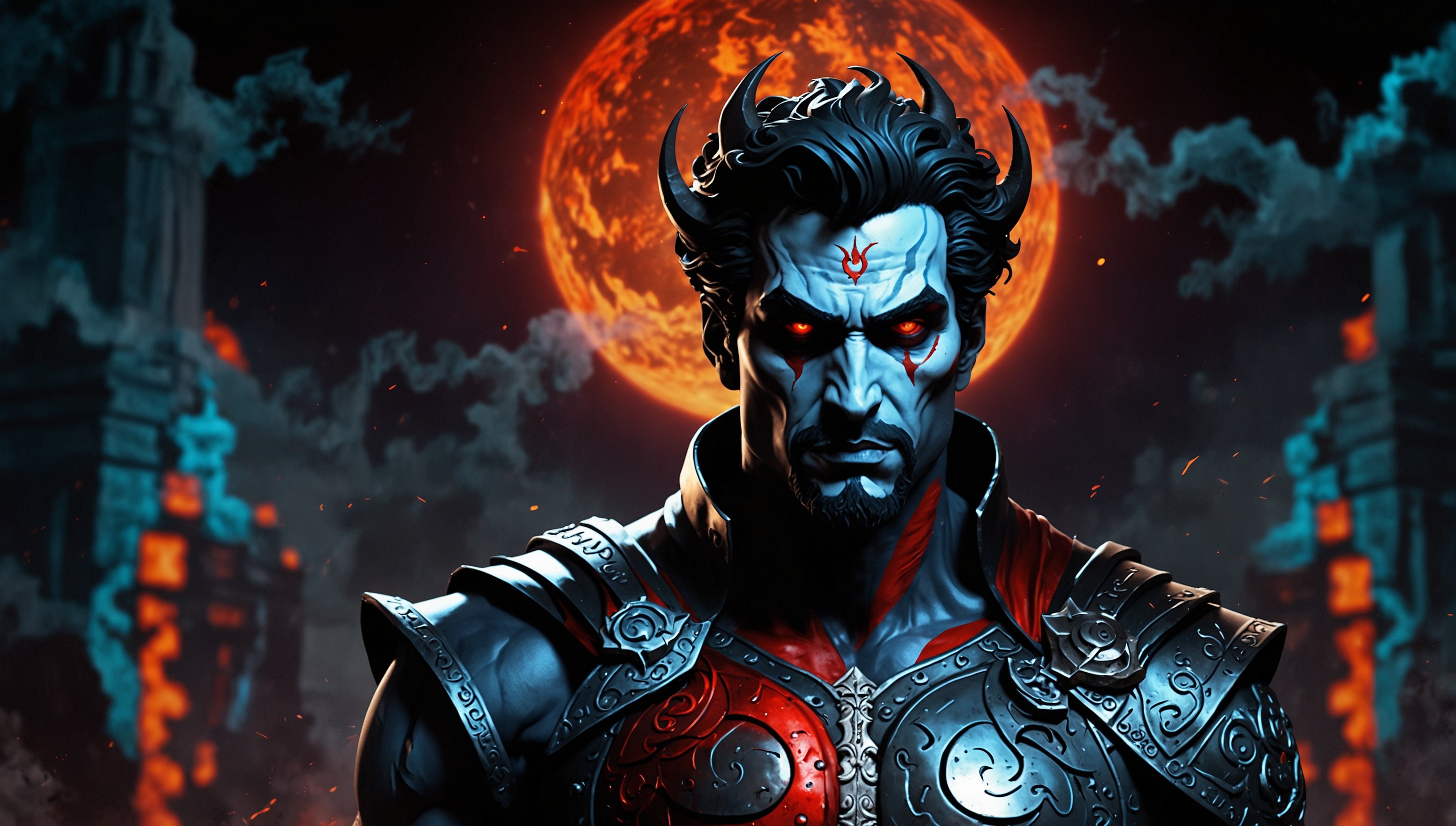
Foes of the Underworld
The enemies I faced were compellingly designed, each with distinct attack patterns. As I encountered the first wave of foes, I learned quickly that the best approach was to identify their weaknesses while remaining on guard. The fury of the Furies made for exhilarating battles, and evading their deadly strikes tested my reflexes. Learning how to combat these enemies turned each encounter into a dance of strategy and skill.
The minuscule moments
It was the smaller details that truly enhanced my experience. The intricate dialogue that transpired between Zagreus and the other characters presented a rich tapestry of relationships, history, and emotion. Each time I returned to the House of Hades after a failed attempt, the camaraderie I shared with characters like Nyx and Achilles felt sincere. It was a reminder that every defeat was a part of my growth, and they were not merely static characters but dynamic entities shaped by my journey.
Power-ups and upgrades
Alongside the boons, the upgrades provided opportunities to customize my approach further. The upgrades I salvaged through my progress in the game allowed me to transform my abilities progressively. With each upgrade, I could feel myself becoming stronger and more adept in combat. This sense of gradual improvement added a satisfying layer to the roguelike experience, making me hungry for the next opportunity to enhance my skills.
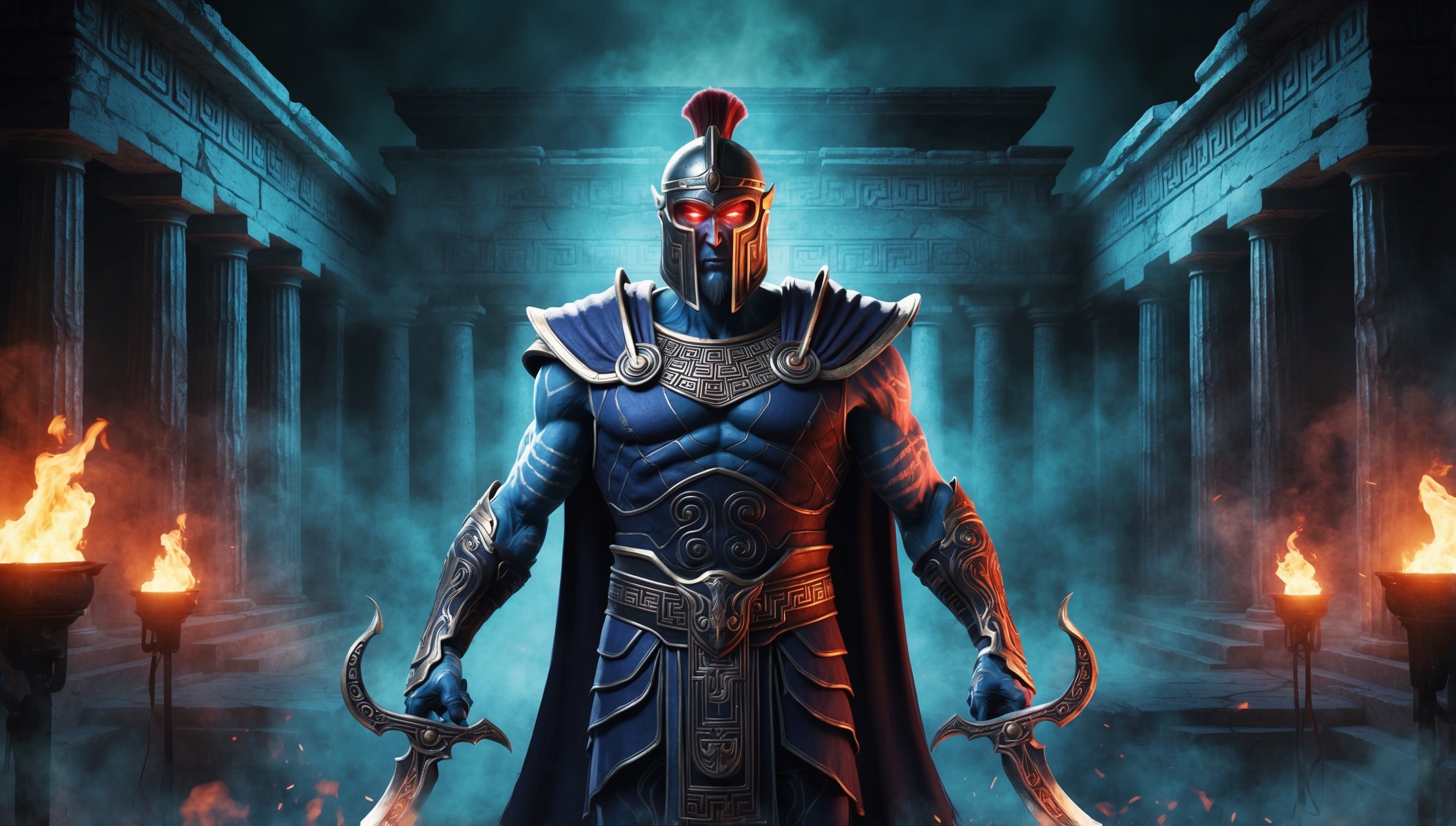
The persistent death mechanic
Death, paradoxically enough, felt less like an end and more like a new beginning. Each time Zagreus fell, it was merely a chance to refine my approach for the next run. The concept of returning to the House of Hades and planning my next escape felt invigorating. It was as if Hades was a mentor, forcing me to confront my mistakes head-on and learn from them.
Items and resources
The resources I collected during my runs also contributed significantly to the richness of my experience. With each successful run, I unearthed the potential for upgrades, new weapons, and crafting tools. The balance of risk versus reward kept me on the edge. Would I spend my hard-earned coins on a temporary buff, or should I save them for more significant upgrades? This strategy aspect made every decision feel crucial.
A unique soundtrack
Hades' auditory experience was just as impactful as its visuals. The ethereal music accompanied me deep into the Underworld, seamlessly blending into moments of high intensity and calm exploration. The score was dynamic; one moment, I was engulfed in a flurry of chaos, and the next, the melodic string arrangement would allow for introspection. Music was not an afterthought; it was a partner to my journey.
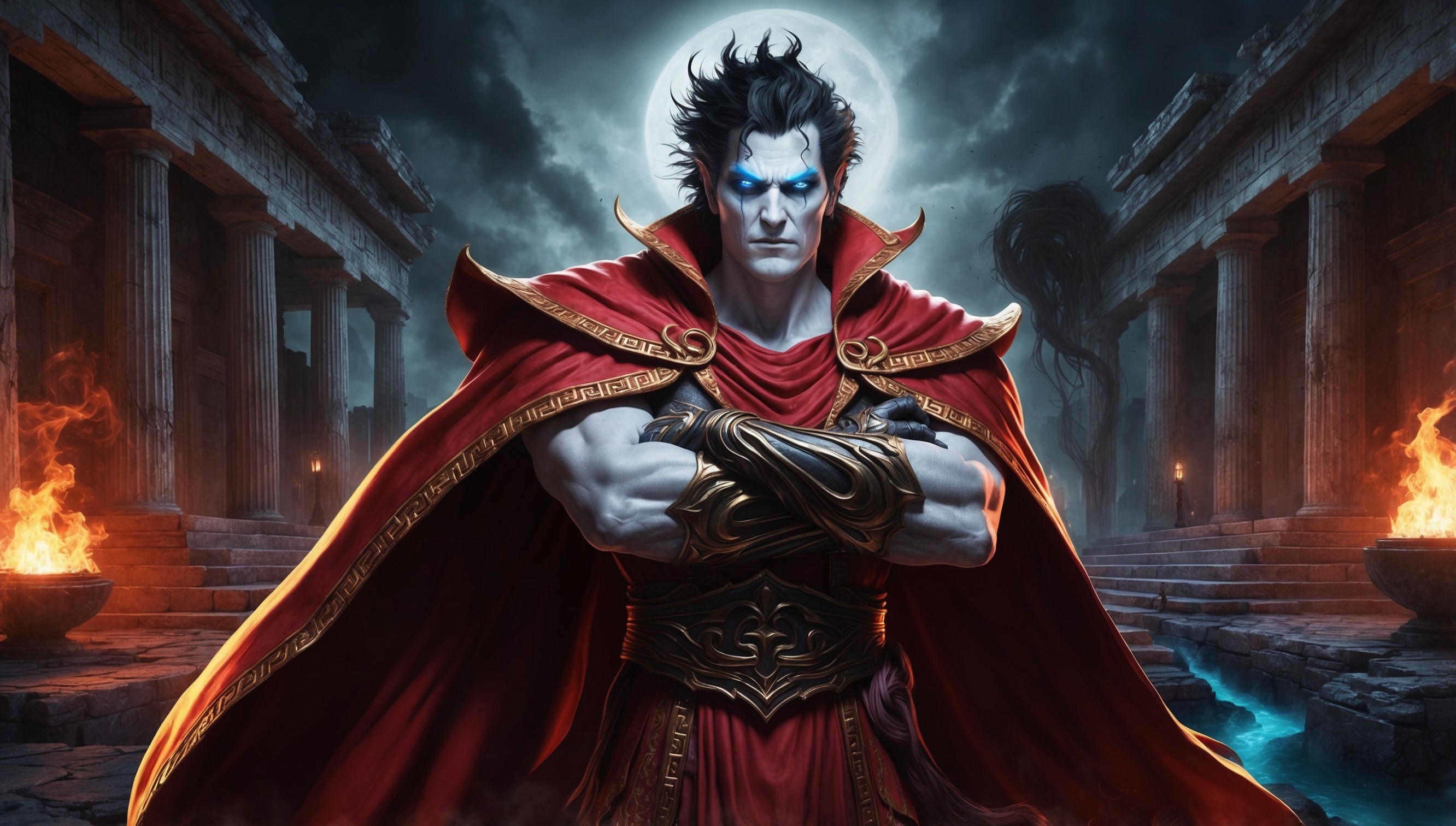
The beauty of failure
Embracing failure was a significant lesson learned throughout my runs. Every time I faced the inevitable defeat, it taught me more about strategies, enemy patterns, and making difficult choices. The cycle of death and rebirth within the game became a philosophical journey, emphasizing resilience and perseverance. The game whispered to me that failing was not the end but a part of my ongoing adventure.
Coping with escalating challenges
As I immersed myself further into the game, it became apparent that the obstacles intensified significantly. Boss battles, with their unique mechanics and intricate design, prompted me to think outside the box. I often needed to adapt my strategies based on the gods’ boons I received, ensuring that no two encounters felt replicated. This sense of escalating difficulty kept the game fresh, allowing me to feel accomplished when finally overcoming a particularly tough challenge.
Community and influence
Finally, the community surrounding Hades has been an inspiring aspect of my experience. Sharing strategies, discussing characters, or simply reveling in each other’s triumphs created a sense of camaraderie. As I immersed myself deeper into the game, engaging with others allowed me to explore new perspectives and tips that improved my gameplay further.







